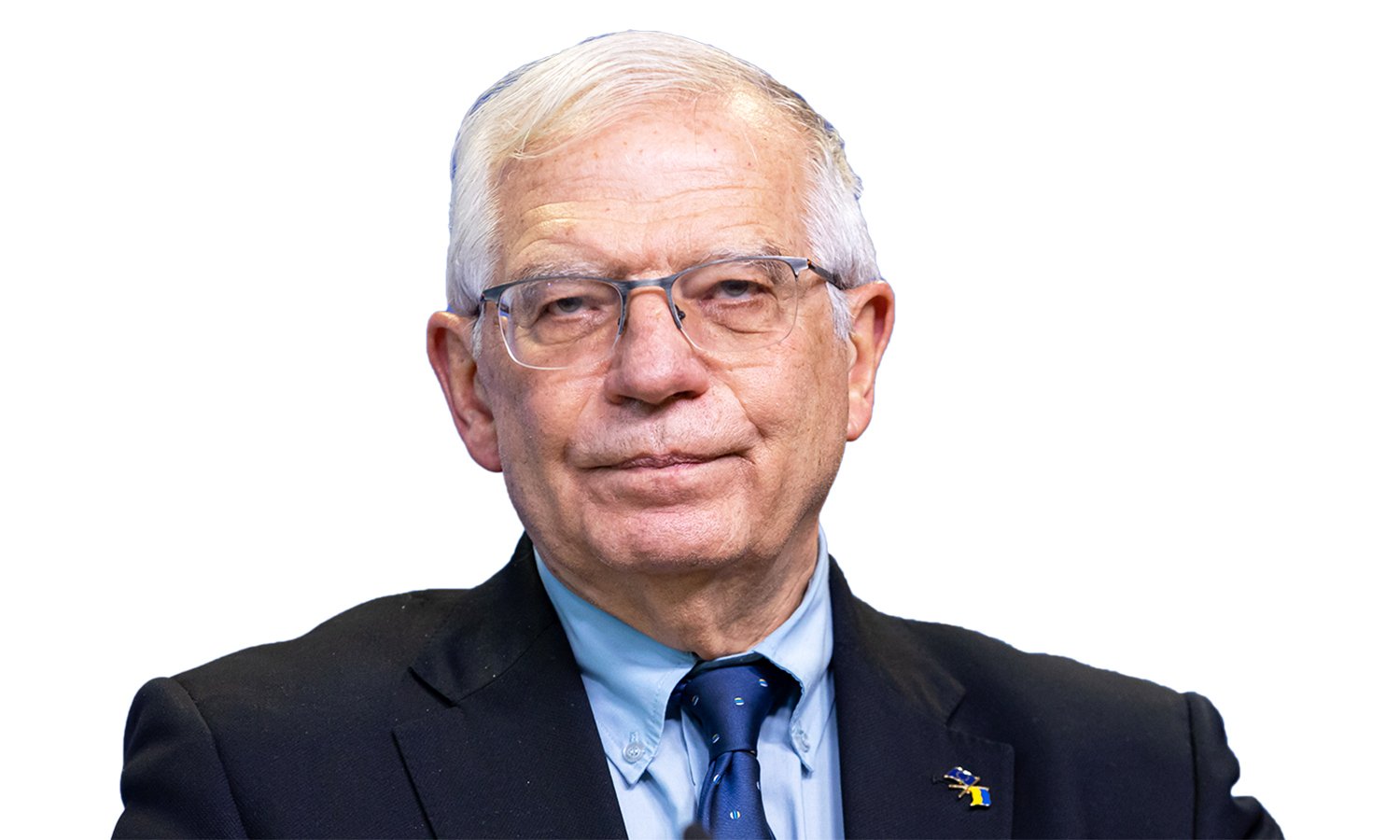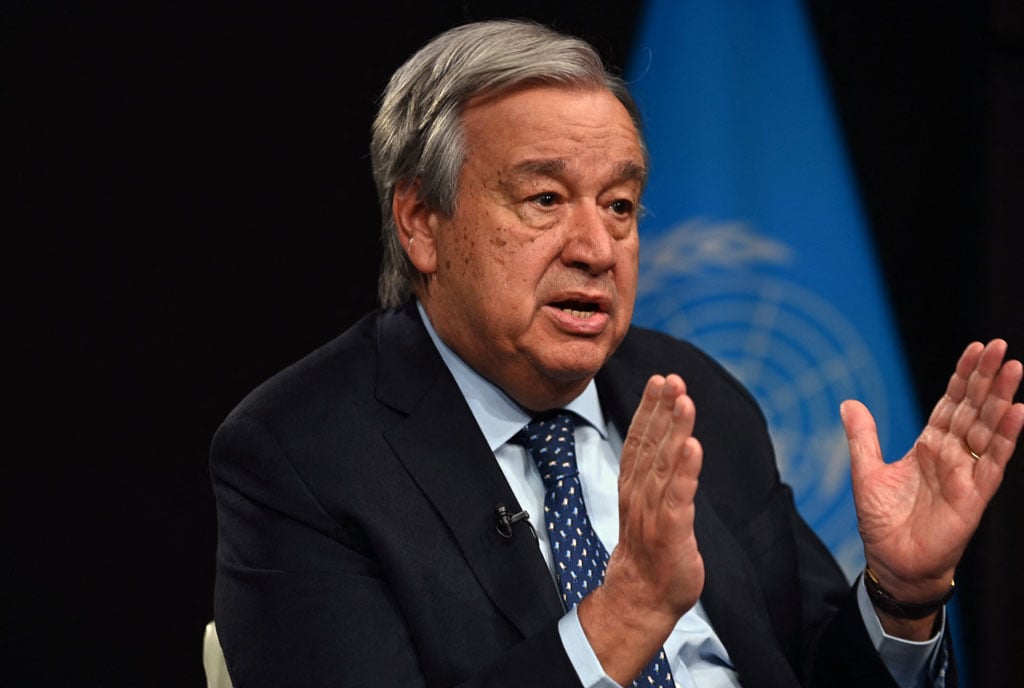Prime
Europe knows that climate action is vital to global security

Mr Josep Borrell
What you need to know:
- Moreover, the developed economies are finally on track to meet the goal of mobilising $100b annually for climate adaptation and mitigation in the developing world. But we must think beyond this pledge, which ends in 2025.
Present trends are racing our planet down a dead-end three-degree temperature rise,” United Nations secretary general António Guterres recently warned. He is right.
Unless we act decisively – beginning at the United Nations Climate Change Conference (COP28) underway in Dubai – the threat that climate change poses to humanity will become nothing short of existential.
Already, climate change is a major risk multiplier for conflict and instability. Extreme weather events like floods and heatwaves have led to the forcible displacement of more than 20 million people each year since 2008.
By 2050, more than one billion people may have insufficient access to water, and more than 200 million may be forced to migrate. Unless our mitigation and adaptation efforts are equal to the climate crisis, these trends will accelerate and spread, with truly catastrophic results.
The European Union (EU) is doing its part to avoid such an outcome. With the European Green Deal, we are aiming, by 2030, to reduce our greenhouse-gas emissions by at least 55 percent, ensure that more than 42.5 percent of our energy comes from renewable sources, and increase energy efficiency by at least 11.7 percent.
We strive to become climate-neutral by 2050.
Central to our strategy for achieving these goals is putting a price on carbon dioxide emissions. But imposing a carbon price only on EU production risks simply pushing carbon-intensive activities beyond our borders. Such “carbon leakage” would mean losing jobs in the EU without achieving any reduction in global emissions.
That is why we implemented the Carbon Border Adjustment Mechanism, which ensures that the most carbon-intensive imports are subject to a carbon price in line with that put on European goods. This is not protectionism.
Rather, it is a necessary step to ensure that our ambitious decarbonisation measures are helpful for the global climate.
We also want to take responsibility for the greenhouse-gas emissions caused outside the EU by our consumption of imported goods, which why we are “greening” our trade policy. In particular, we want to ensure that the products we import no longer contribute to deforestation – one of the greatest threats to the climate and biodiversity.
The green transition will shake up the global balance of power. For the EU, this process implies both benefits and risks.
On one hand, it will reduce our dependence on fossil fuels – a dependence that, as Russia’s war against Ukraine has demonstrated, carries high political and economic costs.
On the other hand, it could create new dependencies, such as on producers of critical raw materials. Avoiding that outcome – and bolstering our security – requires us to ensure diversity of supply.
To that end, we must strengthen our ties with Africa, Latin America, and South Asia, developing tailor-made partnerships that allow for value-addition and job creation in our partner countries.
While Europe bears an important historical responsibility for climate change, we account for just 7.5 percent of global emissions today, meaning that the actions we take at home can have only a limited impact on the world’s climate. The only solution to climate change is a global one.
COP28 must shift the world into higher gear. The EU is committed to pushing for the phase-out of unabated fossil fuels and all fossil-fuel subsidies, the doubling of energy-efficiency measures, and the tripling of renewable-energy capacity worldwide.
The EU, its member states, and the European financial institutions are already the largest contributors of public climate finance to developing economies, having delivered $25b in 2021.
Moreover, the developed economies are finally on track to meet the goal of mobilising $100b annually for climate adaptation and mitigation in the developing world. But we must think beyond this pledge, which ends in 2025.
It is time to align both public and private financial flows with the goals laid out in the Paris climate agreement, and take climate finance from billions to trillions. At the same time, the international financial institutions need to be reformed, so that they can do more to support the delivery of global public goods.
Mr Josep Borrell is a high representative of the EU for Foreign Affairs and Security Policy-- Project Syndicate



